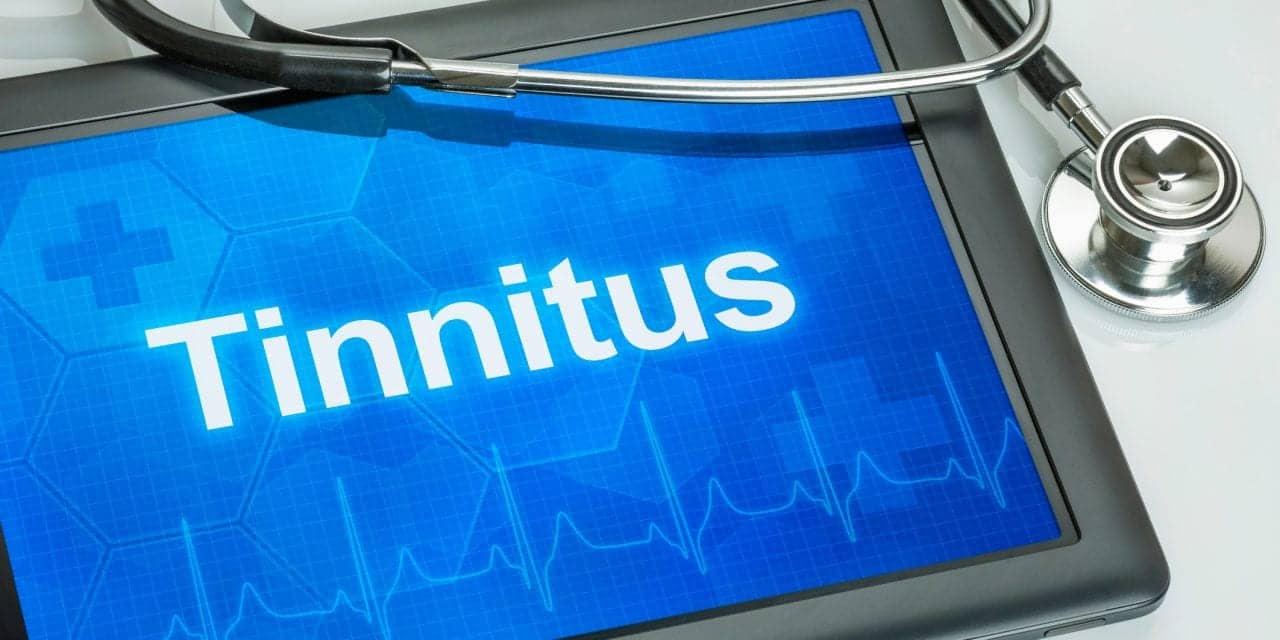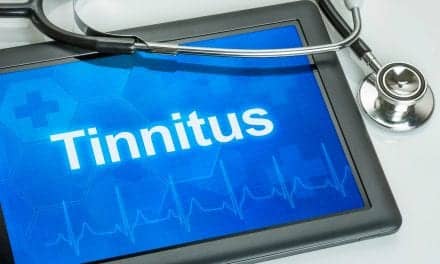The American Tinnitus Association (ATA) and British Tinnitus Association (BTA) have announced their partnership to advocate for increased tinnitus research that offers progress for patients worldwide.
Torryn Brazell, ATA’s CEO, said, “Progress in tinnitus research depends upon new insights, and we believe that new alliances among scientists engaged in various aspects of auditory science can spark these insights. The BTA shares our passion for progress toward cures for tinnitus, and we are pleased to host an event where we hope powerful face-to-face conversations will take place and, hopefully, give rise to transformative ideas in research and modes of treatment. It’s an exciting opportunity to facilitate conversations among the best and brightest minds in auditory and neuroscience, and we are proud to be a host.”
Together the ATA and BTA will host a research event to bring the world’s top tinnitus researchers together. The event coincides with the Association for Research in Otolaryngology 43rd MidWinter Meeting, which will be held January 25-29, 2020, in San Jose, Calif. The networking event, underwritten by Neuromod, a company working on solutions for tinnitus, is designed to bring together leading auditory science researchers to spark discussion about new avenues in tinnitus research, as well as to promote possible multi-disciplinary partnerships.
Since joining the ATA in 2016, Brazell has worked with her counterpart David Stockdale, Chief Executive of the BTA, to ensure that people realize that tinnitus is an issue of global concern. Jill Meltzer, AuD, and Chair, ATA Board of Directors, notes that tinnitus affects approximately 10% of the population in the United States and is the number-one disability claim by our veterans. Nonetheless, she says tinnitus research is woefully underfunded considering the millions of people whose lives are diminished because of it.
“The ATA and BTA understand that tinnitus is a condition without borders, so we are using our platforms to draw attention to its prevention, treatment, and need for increased research,” Meltzer said.
“We are excited to further our partnership with the ATA by showcasing recent developments in tinnitus research to a new audience,” said Stockdale. “There has been a real focus recently on collaborative projects in the field, which have led to new knowledge and a deeper understanding of the condition. We want to bring even more people together to start even more discussions and to spark off each other, which could really push forward progress towards a cure.”
Expected dinner guests include Carol Bauer, MD, of Southern Illinois University School of Medicine; Fatima Husain, PhD, of the University of Illinois; M. Charles Liberman of Harvard; Joseph Rauschecker, PhD, DSc, University of Georgetown Medical School; Grant Searchfield, PhD, University of Auckland, Auckland, NZ, and Susan Shore, PhD, of the Kresge Hearing Research Institute at the University of Michigan. Other attendees will include members of the ATA’s Scientific Advisory Committee, which reviews seed grants to fund research aimed at discovering the underlying mechanisms of tinnitus.
See www.ATA.org for more information on the ATA, and www.tinnitus.org.uk for information on the BTA.
Source: ATA, BTA





